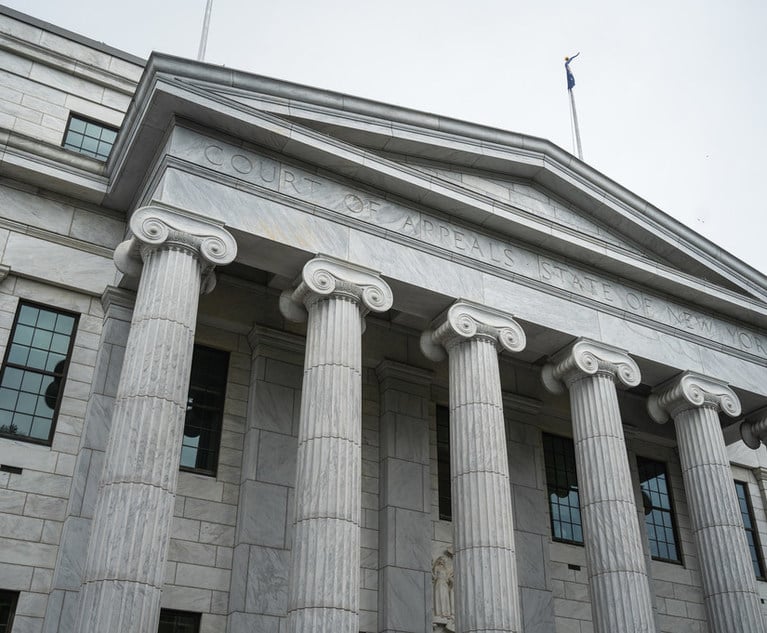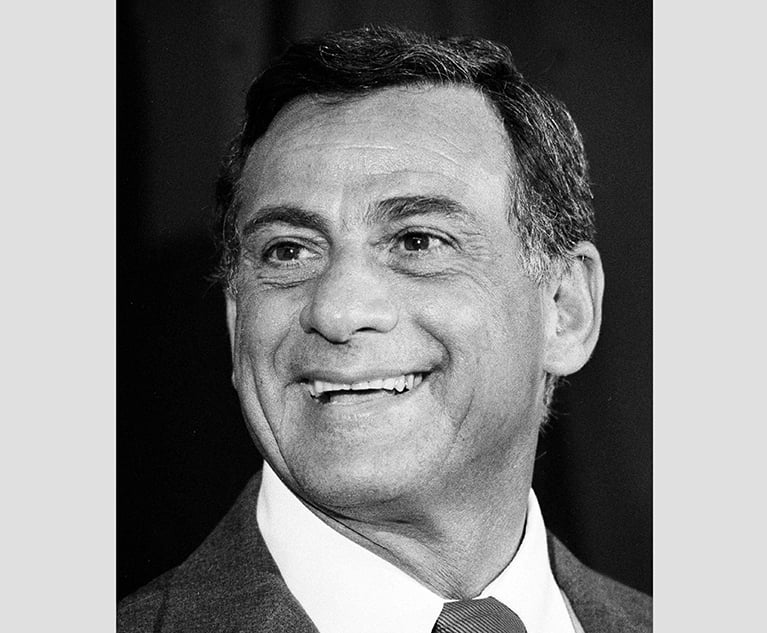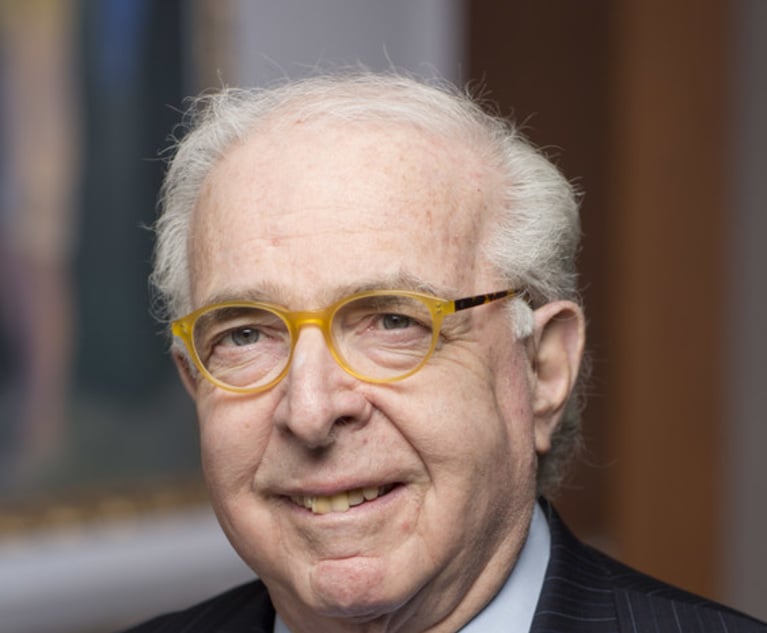New York has joined the growing number of states that have legalized recreational marijuana. But in a late-breaking development over the bill’s negotiation, it will treat marijuana worse than alcohol under the state’s DUI regime. This differential treatment might have given political cover for legislators on the fence about passage, but it will wreak havoc on our criminal justice system.
Every year, thousands of motorists are brought into New York courts facing DUI charges. These cases fill judges’ morning dockets in courthouses around the state, they require scores of court personnel, and they bear the focus of prosecutors and defense attorneys alike. One law in particular builds a levy against this flood: Vehicle and Traffic Law §1192(1). Under this law, judges, lawyers and motorists can resolve DUI cases with non-criminal infractions rather than criminal misdemeanors—deeming the motorists “impaired” rather than “intoxicated.” And this incentivizes parties to reach plea deals, for it insures a conviction for prosecutors while allowing defendants to maintain a non-criminal record. Absent §1192(1)’s filter, plea deals in DUI cases would be less common and many more cases every year would necessitate the resources of trial.


 Vending jars of cannabis at a dispensary. Credit: Brandon Crawford/Shutterstock.com
Vending jars of cannabis at a dispensary. Credit: Brandon Crawford/Shutterstock.com




